BT Group and E.ON are among another five companies to joined EV100 and pledge to electrify their fleets by 2030.
They are joined by logistics company Schenker AG, Canadian Ontario Power Generation (OPG) and New Zealand’s Genesis Energy.
EV100 is a global business initiative designed to fast-track the uptake of electric vehicles (EV) and infrastructure, which was launched by The Climate Group to coincide with Climate Week.
Helen Clarkson, CEO of The Climate Group, said: “Forward-thinking companies are forging ahead on electric vehicles to demonstrate leadership, reduce their emissions, and ready their business operations for a low-carbon economy.
“Despite uncertain times internationally the economic opportunities are vast, and business is simply getting on with it.
“These ambitious commitments will help to tackle air pollution in our towns and cities and channel investment into smarter energy infrastructure. Every major company – and government – should be switching to electric transport.”
Commercial fleets represent an increasing number of vehicles on the road. According to the European Automobile Manufacturers’ Association (ACEA), the first 10 months of 2018 saw a 3.9% increase in the European Union, bringing more than two million new vehicles onto the road.
Electromobility is currently a focus of the COP24 climate negotiations in Katowice, Poland, where last week more than 40 countries signed an EV declaration championing EV100 and calling for increased business and government collaboration in accelerating the roll-out of electric transport.
BT Group, which has a fleet of approximately 34,000 vehicles, ranging from cars to heavy goods vehicles, including 25,000 in its Openreach network engineering business, aims to convert its vehicles to EVs where this is the best technical and economic solution and pursue other ultra-low emission solutions where electric vehicles are not viable.
Working towards the EV100 goal will help BT to achieve its science-based targets, specifically to reduce its direct emissions intensity by 87% by 2030 compared to 2016/17, and to become net-zero by 2045.
The company is already committed to source 100% renewable electricity through its membership of RE100.
Andy Wales, chief digital impact and sustainability officer at BT Group, said: “At BT, we have committed to net zero carbon emissions by 2045. Joining EV100 is an important step to help achieve that goal.
“We recognise that we are dependent on the right vehicles and charging infrastructure becoming available at scale and being part of the EV100 movement helps drive that change.”
Meanwhile, E.ON’s EV100 commitment will see the company switch its entire fleet to electric and install charging stations across 100 office sites for staff, guest and customer to use, building on the 400 charge points already introduced.
Through its electric mobility brand E.ON Drive, E.ON provides smart charging infrastructure for its customers in more than 10 European countries and builds a ultra-fast charging network across Europe from Trondheim to Rome.
Andreas Pfeiffer, global domain head e-mobility at E.ON, said: “We are convinced, that electric corporate mobility will accelerate the general breakthrough of E-Mobility.
“We heavily invest to support our business customer to make this conversion possible in a way that electric vehicles will even become part of the future energy system.”

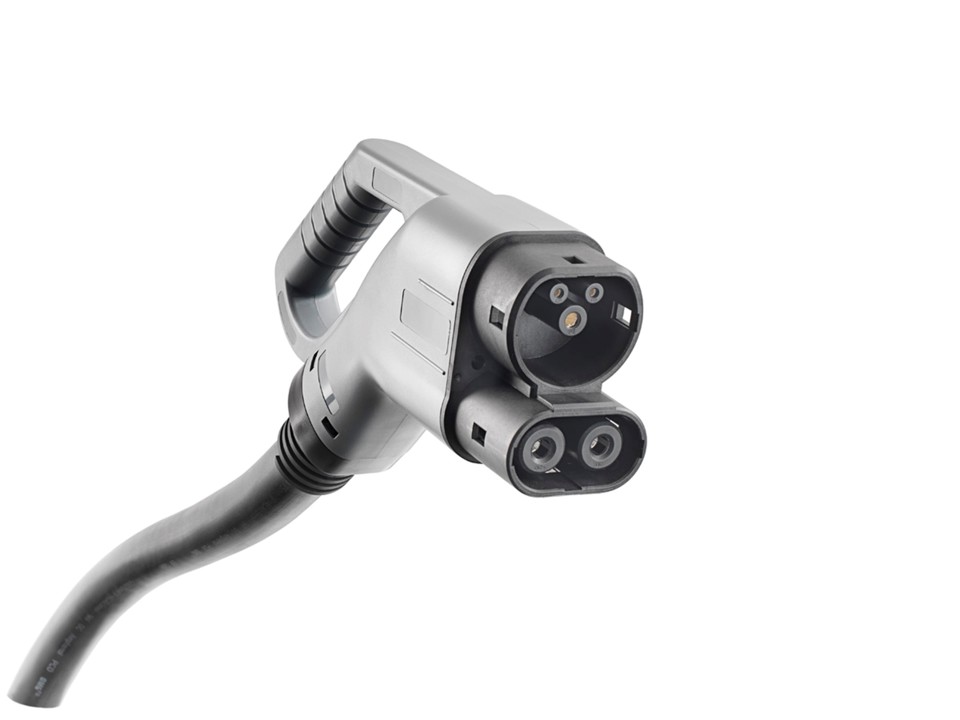




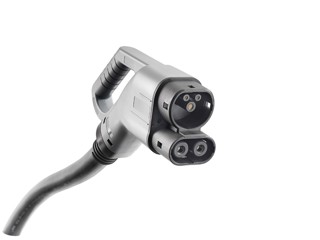
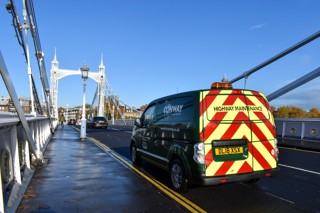
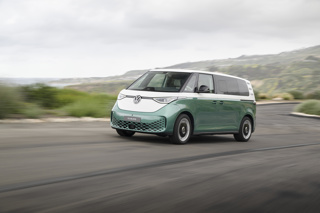
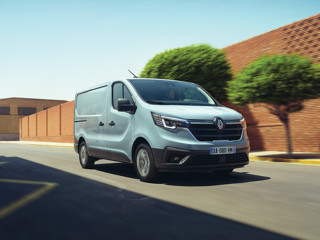












Login to comment
Comments
No comments have been made yet.